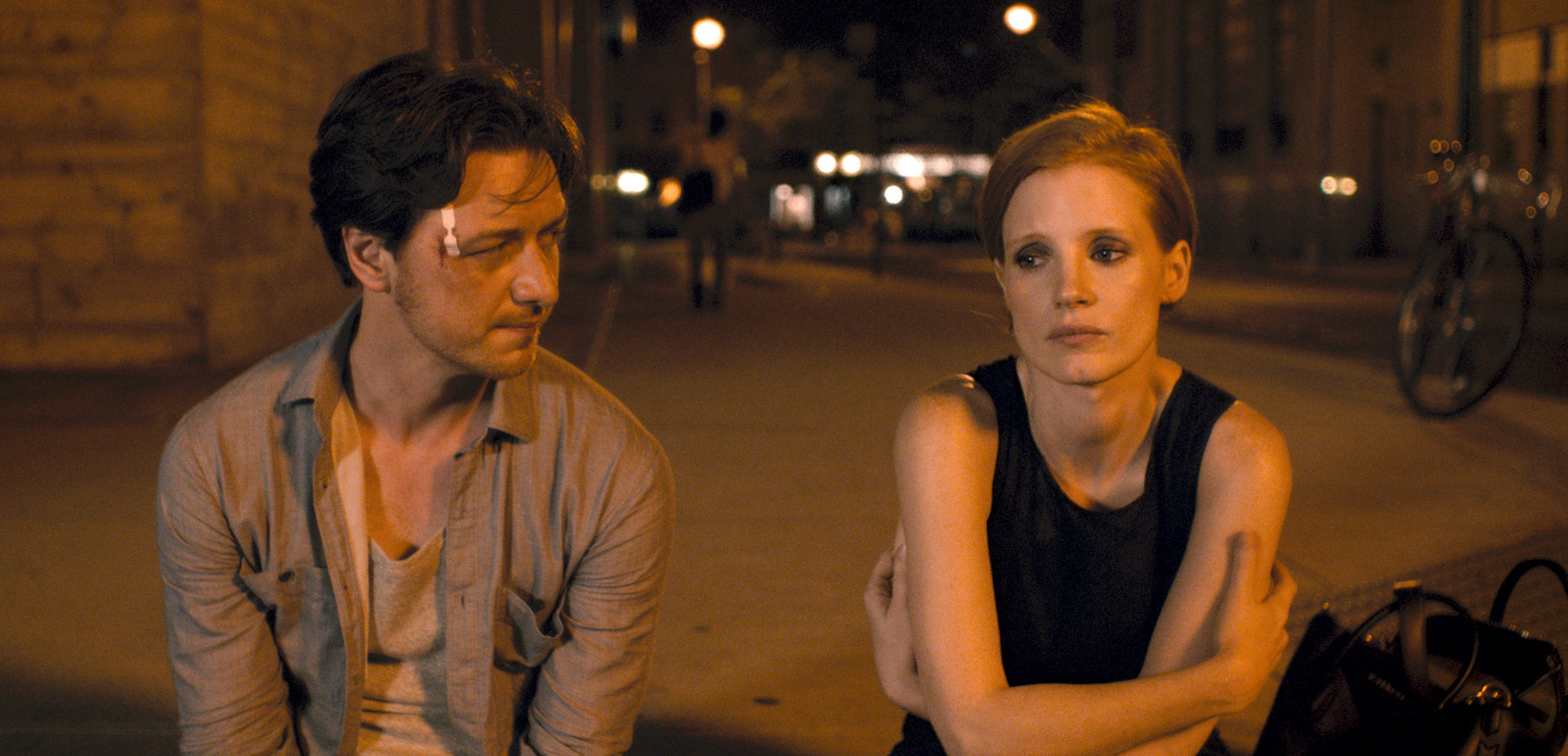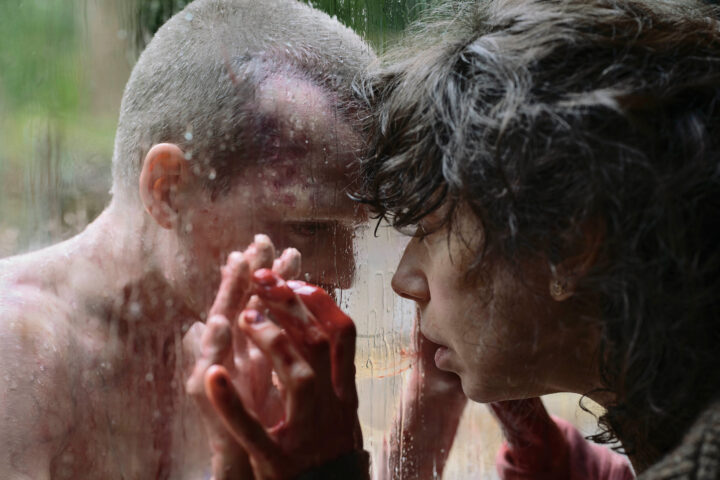Comprised of two distinct features and running 195 minutes, The Disappearance of Eleanor Rigby: Her/Him is both too much and not enough. Arriving a mere few weeks after the film’s initial release, a 122-minute version titled The Disappearance of Eleanor Rigby: Them, the new cut is a sometimes lovely, mostly unwieldy thing, a well-acted, meandering and less potent picture than its predecessor.
It is also one that, while offering much more material, has far less impact. Comparing the two versions is really a master class in the process of editing, both being different animals with different intents and payoffs. In Them, we have a story of lost lovers and alienation, grief, the death and possible rebirth of love. But in Her/Him, the same story gets lost in excess. So do we.
We know this much—Eleanor Rigby (Jessica Chastain) and Conor Ludlow (James McAvoy) are estranged from their marriage due to a prior tragedy. Her opens with Eleanor’s suicide attempt, and after being fished out of Manhattan’s East River and moving in with her affluent Westport parents, a former NYU psych chair and French ex-pat (superbly played by William Hurt and Isabelle Huppert), she attempts to rebuild her life. Pretending all is normal, she enrolls in classes at NYU and befriends her father’s former colleague, a no-nonsense professor (Viola Davis) with her own issues. But the husband she’s left behind keeps reaching out to her, following her and stalking her around the New York streets.
Eventually the pair do meet in a scene that’s played, from different perspectives, in both Her/Him. Two other critical moments also exist in both pictures, the point being one of subjective perspective and it’s both clever and fascinating to see the subtle changes between how the doomed lovers filter the experiences.
While the Her section charts Eleanor’s reawakening, the Him passages focus mainly on Conor’s attempts to save his failing Greenwich Village restaurant and reconnect with his single father (Ciaran Hinds), who has his own unresolved marital issues.
Unlike Them, Her/Him includes substantially more of the supporting characters—Jess Wexler as Eleanor’s single-mom sister, Bill Hader as Conor’s chef and confidant and Nina Arianda as a spunky barmaid—yet none of this much complements the central story; rather, their scenes slacken and blunt the chemistry and tension that existed in the shorter version.
On the plus side, more of Chastain is a great thing, the actress etching a mysterious character with bone deep neuroses trying to move on with life but avoiding the hard part of dealing with her demons. All of this builds to a remarkably moving scene in the couple’s former apartment that uncorks the central theme—two people bound by something terrible who can neither live with, nor without, one another.
Ultimately, Her/Him is directorial experiment in subjectivity; a tony narrative stunt. Whereas Them assembled scenes from both films in objective fashion, the longer version feels both undisciplined and arbitrary. And really, seeing Her/Him after Them reminded me how delicate and touching it all seemed, including some special scenes with the Davis character, in its former version.
This time, nothing much resonates.
Her/Him: 2 stars.
Them: 3 1/2 stars.



